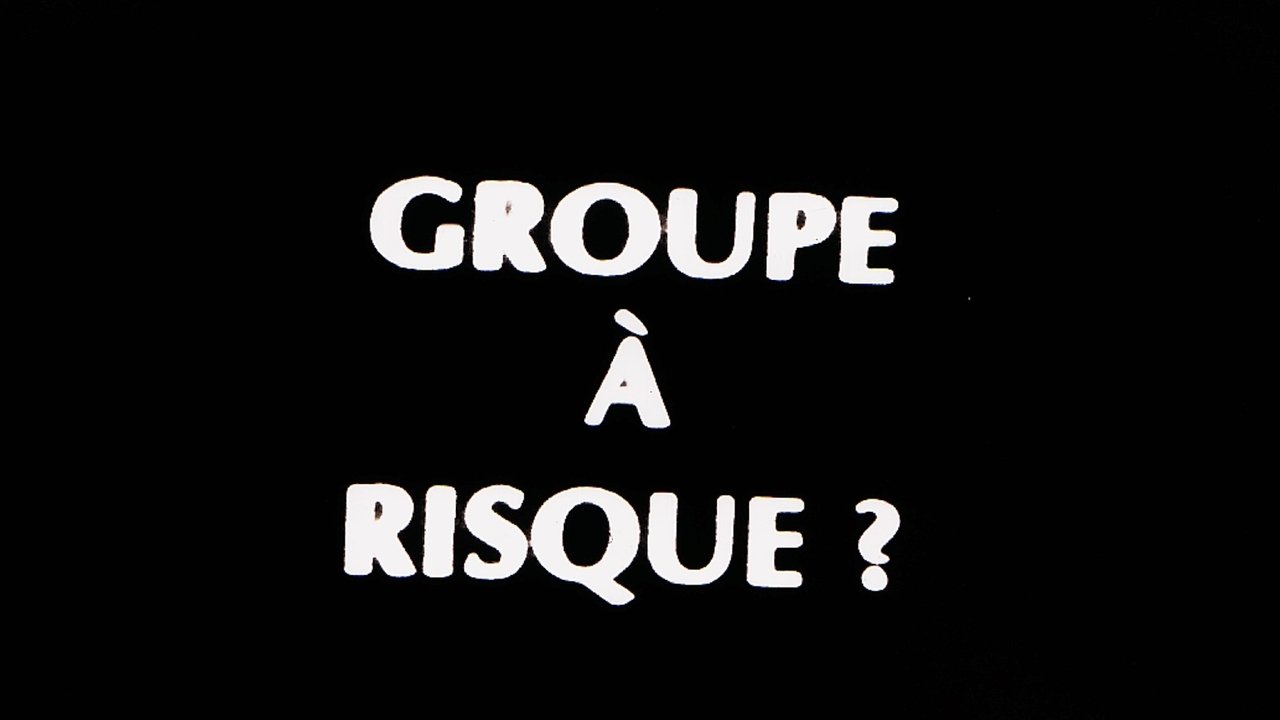
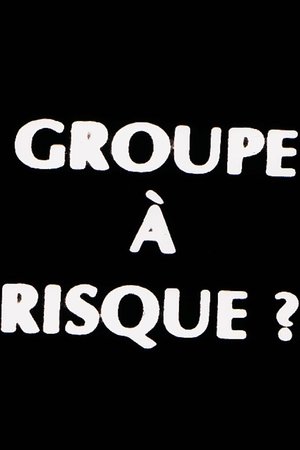
SID A IDS(1992)
Movie: SID A IDS

SID A IDS
HomePage
Overview
Release Date
1992-01-01
Average
0
Rating:
0.0 startsTagline
Genres
Languages:
FrançaisKeywords
Similar Movies
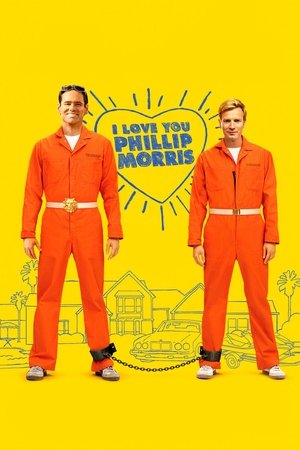 6.4
6.4I Love You Phillip Morris(en)
Steven Russell leads a seemingly average life – an organ player in the local church, happily married to Debbie, and a member of the local police force. That is until he has a severe car accident that leads him to the ultimate epiphany: he’s gay and he’s going to live life to the fullest – even if he has to break the law to do it. Taking on an extravagant lifestyle, Steven turns to cons and fraud to make ends meet and is eventually sent to the State Penitentiary where he meets the love of his life, a sensitive, soft-spoken man named Phillip Morris. His devotion to freeing Phillip from jail and building the perfect life together prompts him to attempt (and often succeed at) one impossible con after another.
 0.0
0.0It Will Always End in the End(fr)
Gabriel Drolet-Maguire, a designer living in Montreal, takes us into their artistic world to discuss their HIV diagnosis. This is a timely and hopeful look at past and present day HIV/AIDS activism in Quebec.
 0.0
0.0Romería(es)
Marina, 18, orphaned at a young age, must travel to Spain’s Atlantic coast to obtain a signature for a scholarship application from the paternal grandparents she has never met. She navigates a sea of new aunts, uncles, and cousins, uncertain whether she will be embraced or met with resistance. Stirring long-buried emotions, reviving tenderness, and uncovering unspoken wounds tied to the past, Marina pieces together the fragmented and often contradictory memories of the parents she barely remembers.
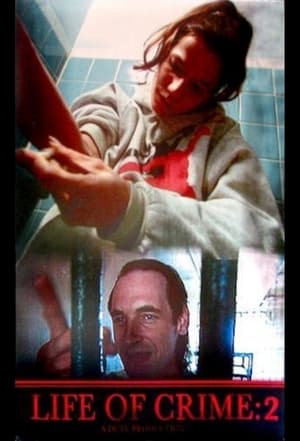 7.0
7.0Life of Crime 2(en)
This follow-up to the 1989 documentary ONE YEAR IN A LIFE OF CRIME revisits three of the original subjects in New Jersey during a five-year period in the 1990s. We share in their triumphs and setbacks as they navigate lives of poverty, drug abuse, AIDS, and petty crime.
 6.2
6.2Reagan(en)
Told through the voice of former KGB agent Viktor Petrovich, whose life becomes inextricably linked with Ronald Reagan's when Reagan first caught the Soviets’ attention as an actor in Hollywood, Reagan overcomes the odds to become the 40th president of the United States.
 0.0
0.0What's Wrong With This Picture?(en)
Using drama, comedy, and music, this video addresses safer sex, AIDS hysteria, relationships, homophobia, the hazards of sharing needles. Young people are encouraged to examine their ideas, attitudes, and practices, and to make personal health choices based on accurate information. What's wrong with this picture? was written by young people for young people. It uses young people's language and experiences, proving particularly effective where other forms of AIDS education have failed.
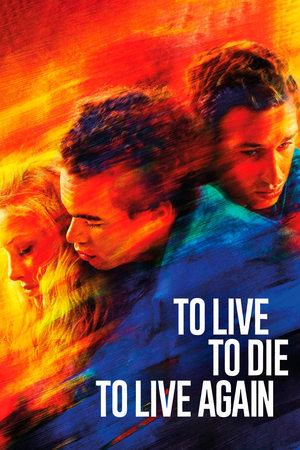 6.9
6.9To Live, To Die, To Live Again(fr)
Emma loves Sammy, who loves Cyril, who loves her back. What could have been a love story at the end of the last century is blown apart by the arrival of AIDS. Expecting the worst, each character's destiny takes an unexpected turn.
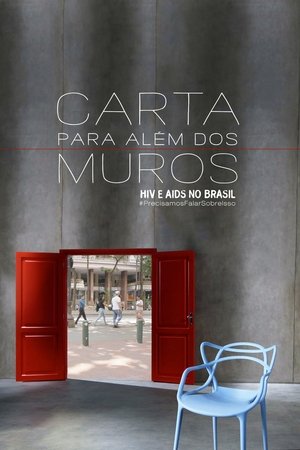 8.2
8.2Letter Beyond the Walls(pt)
Letter Beyond the Walls reconstructs the trajectory of HIV and AIDS with a focus on Brazil, through interviews with doctors, activists, patients and other actors, in addition to extensive archival material. From the initial panic to awareness campaigns, passing through the stigma imposed on people living with HIV, the documentary shows how society faced this epidemic in its deadliest phase over more than two decades. With this historical approach as its base, the film looks at the way HIV is viewed in today's society, revealing a picture of persistent misinformation and prejudice, which especially affects Brazil’s most historically vulnerable populations.
 6.3
6.3It's My Party(en)
Nick, a gay, HIV-positive architect, begins to display severe symptoms of AIDS and makes preparations to kill himself before he is unable to function normally. He arranges a party to reconnect and say goodbye to his closest friends and his confused parents. But when his ex-partner, Brandon, a television director who left Nick when he was diagnosed with HIV, shows up, what was supposed to be a celebratory event becomes much more difficult for everyone.
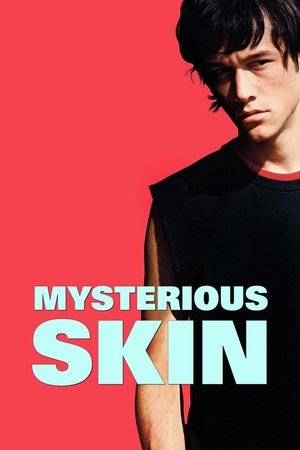 7.7
7.7Mysterious Skin(en)
A teenage hustler and a young man obsessed with alien abductions cross paths, together discovering a horrible, liberating truth.
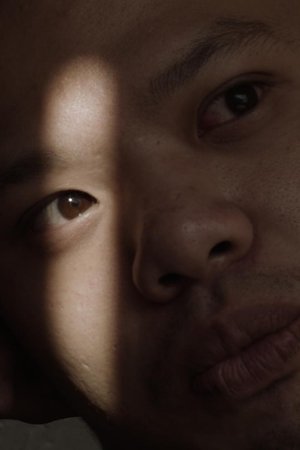 0.0
0.0Heart Murmurs(zh)
Heart Murmurs is a poetic dialogue between the filmmaker and Dean, a young man living in Hong Kong. In reflecting on his experience living with a congenital disability and HIV during the first years of the COVID pandemic, Dean expresses his sense of self in the face of regular medical challenges.
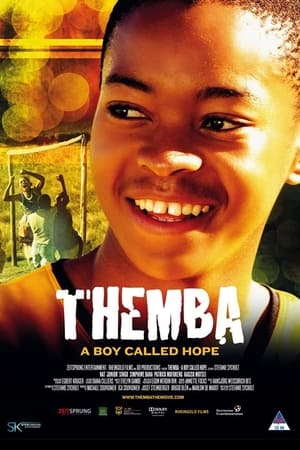 5.3
5.3A boy called Hope(xh)
Against all odds Themba realizes his dream playing for the National soccer team, Bafana Bafana.
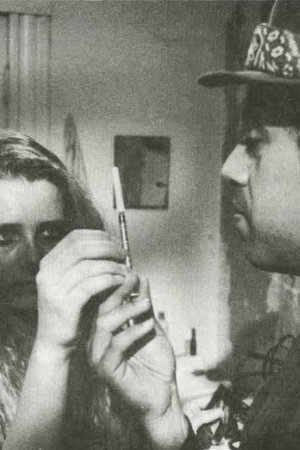 0.0
0.0Eyes That Fail to See(es)
This early HIV/AIDS film uses the popular and compelling narrative format of the telenovela to illuminate the effects of AIDS on a cross-section ofthe Latino community in Northern California. Different families and individual characters address complex issues such as sexual practice, sexual identity, and drug use in the family. Touches upon safer sex, male homosexuality and bisexuality, and does well representing several Spanish-language idioms. Allows for the development of an elaborate story encouraging honesty and cultural survival as well as self-criticism within the Latino community.
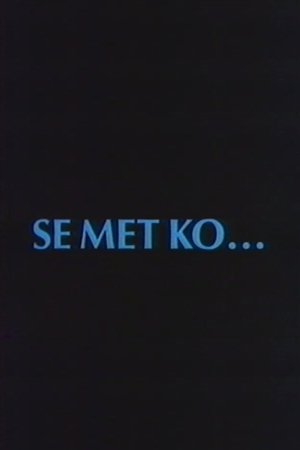 0.0
0.0Your Body, Your Responsibility(ht)
Se Met Ko is a model fictional analysis of attitudes and misconceptions about AIDS within a Haitian-American neighbourhood. The video uses indigenous cultural references and socially-specific occasions to demonstrate how communities, with individuals acting in enlightened co-operation, can responsibly respond to the AIDS crisis.
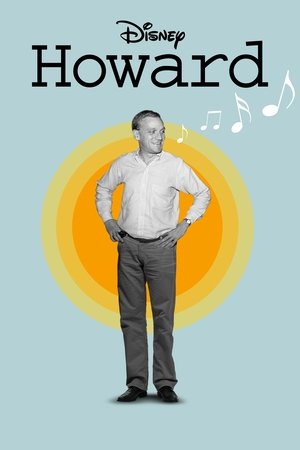 6.9
6.9Howard(en)
Though legendary lyricist Howard Ashman died far too young, his impact on Broadway, movies, and the culture at large were incalculable. Told entirely through rare archival footage and interviews with Ashman’s family, friends, associates, and longtime partner Bill Lauch, Howard is an intimate tribute to a once-in-a-generation talent and a rousing celebration of musical storytelling itself.
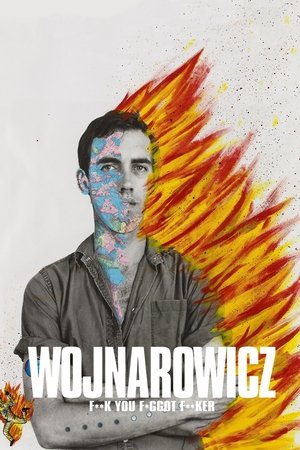 7.2
7.2Wojnarowicz: Fuck You Faggot Fucker(en)
A collage-like, incisive look at the life of writer, painter and thinker David Wojnarowicz, whose powerful, unapologetic way of seeing the world gave voice to queer rights at a critical time in US history.
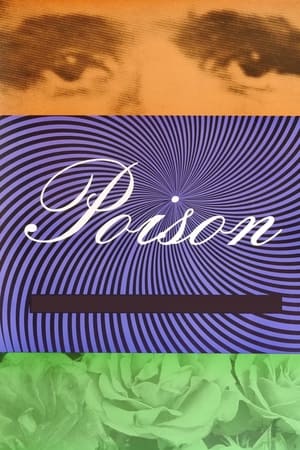 6.0
6.0Poison(en)
A trio of interweaved transgressive tales, telling a bizarre stories of suburban patricide and a miraculous flight from justice, a mad sex experiment which unleashes a disfiguring plague, and the obsessive sexual relationship between two prison inmates.
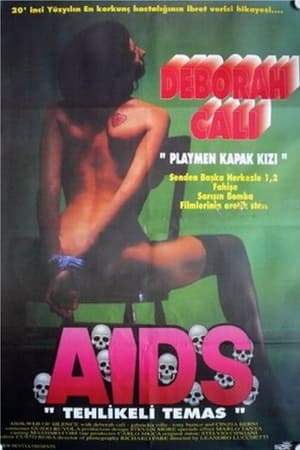 2.0
2.0The Web of Silence - A.I.D.S.(it)
Walter is HIV positive and is leading a promiscuis life in Rome. He does this so that he won’t infect his wife. Walter’s wife is also cheating on him. In a decidedly dull subplot, Walter’s father is a senator who wants to use his son’s illness to promote his own political career by calling for more AIDS research.
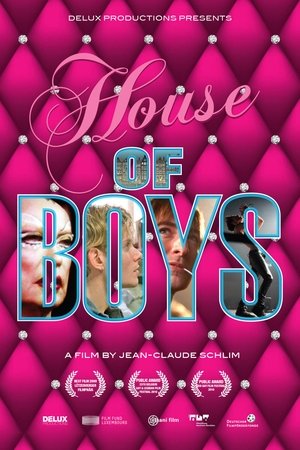 6.1
6.1House of Boys(en)
It is 1984. Frank is a determined English teenager who runs away from high school to find an alternative gay lifestyle in Amsterdam. He finds a home and a job at the "House of Boys", a bar-cum-brothel run by a strict Madame who has an eye for what his punters crave. Frank works his way up from barman to on-stage dancer and falls in love with some of his housemates, Jake. The first intimations of what is described as 'the gay cancer', casts a long shadow over Frank's tight-knit group of friends. Yet despite the troubles that cloud the hopes and dreams of young Frank, his perseverance, along with support from a willing doctor, will carry him through.
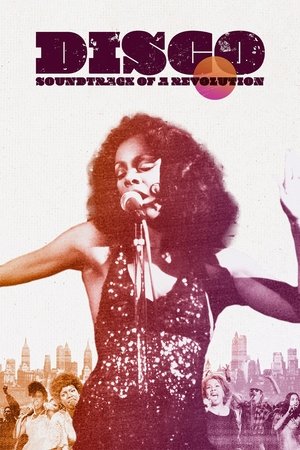 8.0
8.0Disco: Soundtrack of a Revolution(en)
From the sweaty basement bars of 70s New York to the glittering peak of the global charts, how disco conquered the world - its origins, its triumphs, its fall and its legacy.